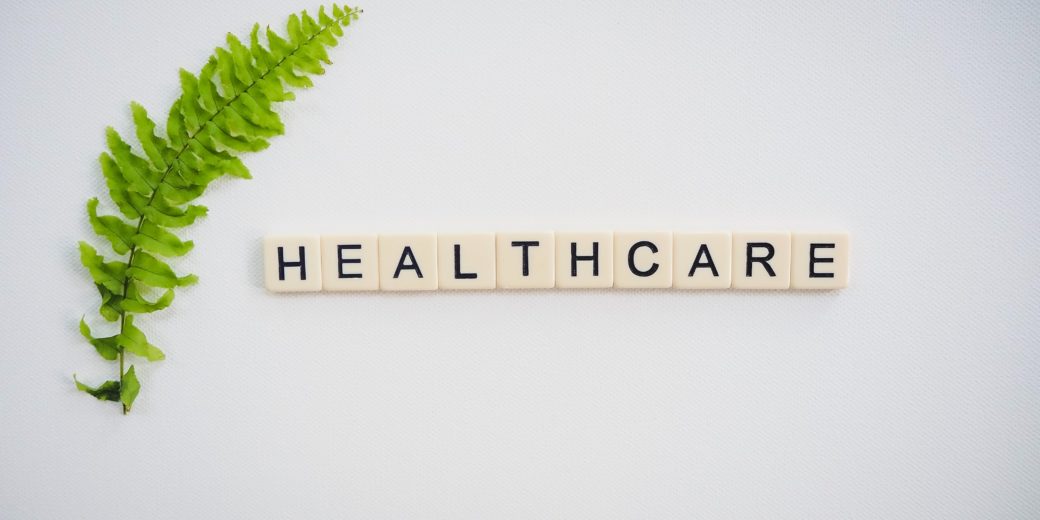Universal Healthcare: Simplifying the Longstanding Debate

The United States uses a mixed healthcare system approach; the public-private setup prioritizes capitalism over social equity. Among all modern and industrialized nations, the U.S. is the only one without a universal healthcare system.
The focus on the private sector places most of the country's populous at a disadvantage. Socio-economic status creates barriers to healthcare access, meaning lower-income citizens pay more for insurance or pay less for inadequate coverage.
Despite offering public programs, such as Medicaid, the income thresholds still leave many individuals and families without access to adequate coverage. In Washington D.C., the highest income to qualify for Medicaid is under $14,000 for an individual or under $28,000 for a family of four.
The minimum wage in D.C. is just over $15, meaning an individual earning minimum wage makes a little over $30,000 annually, roughly $25,000 after taxes and other fiscal obligations. Also, in D.C., the average individual pays over $460 monthly for major medical insurance, over a fifth of a minimum wage worker's income after taxes.
The numbers do not lie. Low-income families, unless severely impoverished, cannot afford adequate healthcare coverage in the U.S., perpetuating multi-morbidity numbers and increasing the strain on the healthcare system. Universal healthcare is a potential solution — one prioritized by other industrialized nations — but how would it work, and what are its advantages and potential drawbacks?
Simplified: How a Universal, Single-Payer System Works

Universal healthcare is a system that provides health services to all communities and individuals without producing financial hardship. A single-payer system is an example of universal coverage provided by a single entity, typically the government. The government would own health services under a single-payer plan. Private entities often argue against this system, stating it undermines capitalism and fair competition.
Taxes funds universal, single-payer systems. In some political debates, critics object to healthy citizens having to fund the insurance for the unhealthy. Advocates, alternatively, argue that, in a democratic society, it is the country's responsibility to care for all individuals, regardless of socio-economic status or health.
Other universal models include mandatory insurance or national health insurance. Payroll taxes fund mandatory insurance programs that are government-run. National health insurance also requires tax funding, but instead of the government running the program, it hands it off to a private insurer.
Implementing a universal system is not a simple issue. Despite politicians' efforts to paint it as either purely good or bad, universal coverage has pros and cons.
Advantages of Universal Healthcare

There are many advantages to a universal system. Some of the primary benefits of the system include:
- Standardized service
- Lower healthcare costs
- Lower administrative costs
- Prevented future social costs
- Promotes a healthier lifestyle and workforce
- Guides healthy choices
Potential Drawbacks of the System

As with any political decision, there are advantages and drawbacks to implementing a universal healthcare model. The primary disadvantages of the system include:
- Longer wait times for elective procedures
- Government may limit services
- Doctors may be incentivized to cut care for lower costs
- Costs might overwhelm government budgets
- Fewer financial incentives to stay healthy
Universal healthcare is a possibility in the U.S. and one that many argue is long overdue. However, to make the choice seem like an easy one is absurd. While rising healthcare costs make it challenging for the average minimum wage worker to afford healthcare on top of other necessities, changing the current mixed system could create more economic turmoil than the country can currently handle. Still, it is a debate worth having.
